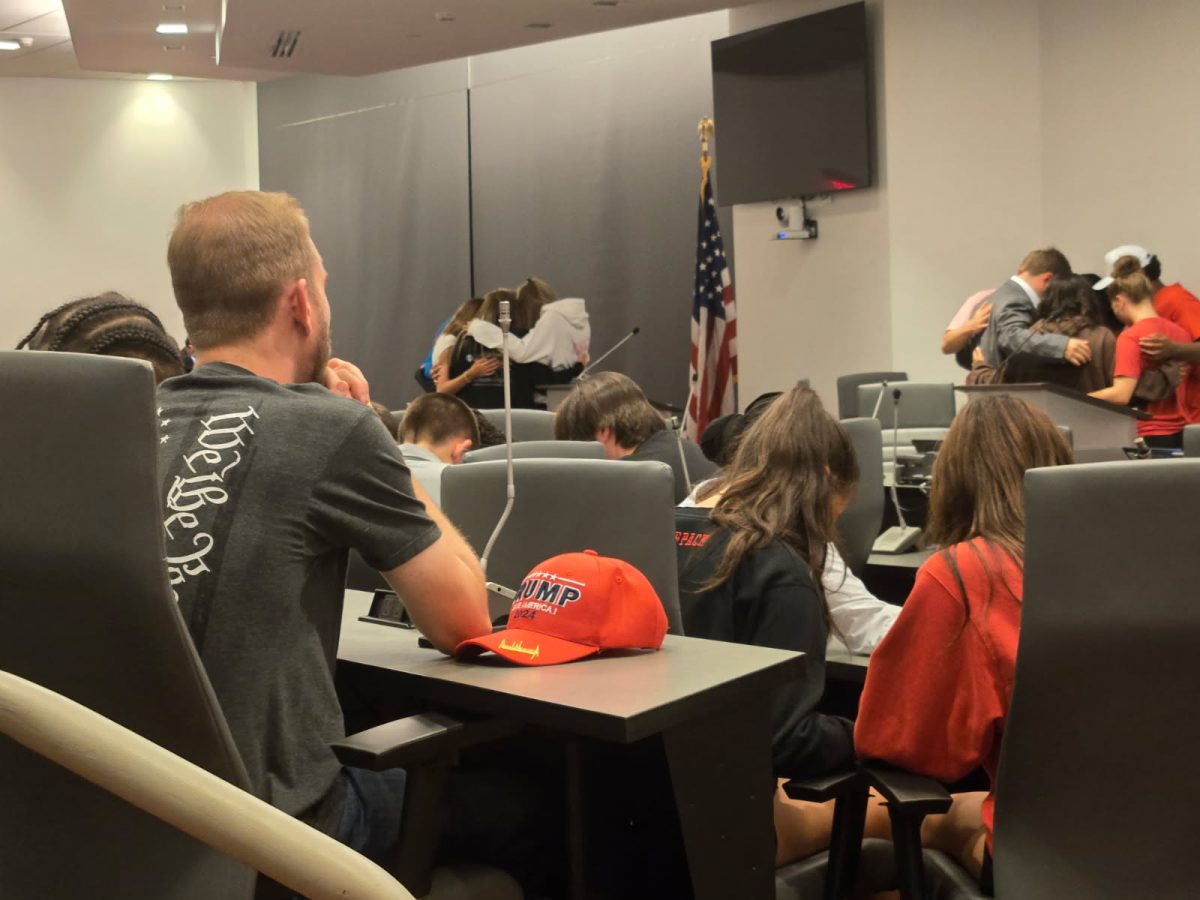Summer classes are inherently different from regular session classes. Students take summer session courses with a more individualized focus, increasing the chances of earning a better grade. So, it’s reasonable to assume students take summer courses to get a better grade in- more so than they would during the regular sessions.
Provost Warwick Arden should be more sensitive to this distinct difference of intent between summer classes as opposed to regular session. I’m not proposing they tell teachers to dumb down classes during the summer. Instead, I advocate an extended drop date and pressure on teachers to include extra credit opportunities on their syllabuses.
Because normal summer sessions only last 24 days, teachers are more likely to create “high-impact” grading systems. Two tests, a midterm and a final constitute the big chunk of the final grades. Some classes admittedly pad these grades with quizzes and homework, but high-impact grading is advantageous to teachers during the summer session because quizzes and homework require a high density of grading days.
Instead of worthlessly pleading with the doing away of high-impact grading during the summer sessions, we should modify the system. The provost needs to acknowledge the purpose of summer session for students looking for opportunities for higher grades while still maintaining the same learning standards.
If professors spelled out extra credit opportunities in class syllabuses, our University would accomplish this goal. Extra credit offers students a chance to pad high-impact grading by allowing exploration beyond the classroom. Teachers could challenge their students to create optional papers that prove the students have learned the material to the level worthy of a better grade. After all, the provost is responsible for review and approval of all academic programs and policies, so to ask for an influence in extra credit structure should not be out of the question for him.
However, if the provost thinks that influence over extra credit structure in classes is too invasive, I alternatively suggest administrators extend the drop date to the end of the second to last week of summer session classes. Since high-impact grading may push the majority of grades behind the current drop date, pushing it farther back will allow students to have a full understanding of their progress in the class, along with enough time to consult with teachers and guidance councilors over potential withdrawal. I feel our current drop date of 19 days into classes makes the choice of dropping a rushed one.
The important thing for our University is to acknowledge the different intent of students enrolling in the summer session. If administrators recognize this fundamental difference, they can make a positive reform to our summer session class structure to help students accomplish an increased focus on classes that need a higher chance of securing a good grade.




